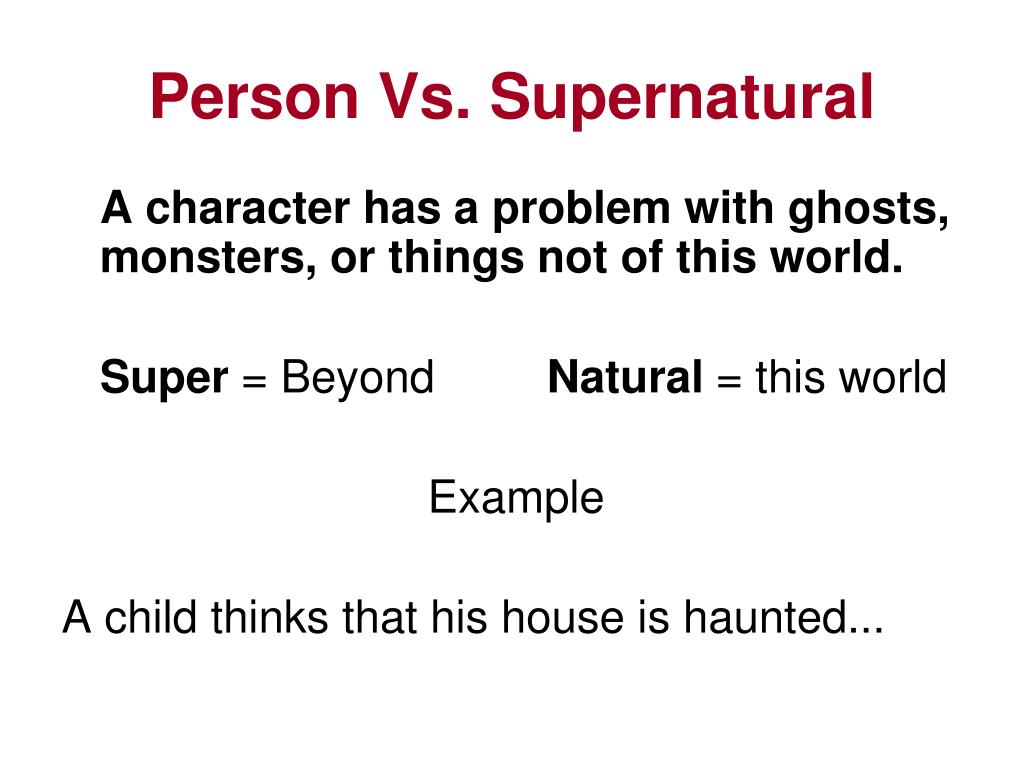


Atheists may pay lip service to materialism, but they cannot escape the innate urge to believe in an all-powerful deity. Thus, even atheists, at some unconscious level, believe that God could influence their lives. Indeed, atheists showed the same level of physiological arousal when asking God to do something awful to them as believers did.
SUPERNATURAL DEFINITION SKIN
But this is not what their skin conductance level showed. One would expect that atheists, who do not believe in God, would be unaffected by calling on an entity that they believe to be a fiction to make them miserable. While making these statements, the experimenters measured the research participants’ skin conductance level, the amount of electrical current reaching their skin-a measure often used in neuroscience and psychology to measure strong reactions to fearful stimuli. Perhaps one of the most convincing is one where atheists and believers were told to recite statements in which they called on God to do terrible things to them (an example, “I wish God would turn my friends against me”). He reports dozens of experiments demonstrating that even atheists or avowed materialists believe in the supernatural, they just do not know it.

But this lazy brand of pop psychology aside, he does describe some compelling studies. However, one gets the sense that this book could have been much shorter had Routledge not Googled for all of the Pew Research Statistics, personal anecdotes, well-known news stories, and common knowledge about religion and spirituality in order to stretch his argument to the length of a book. However, at the core of supernatural thinking is the promise that there is more to existence than our brief time on this planet, and there is more to being human than being an animal.Ī fascinating thesis, no doubt. They provided explanations for otherwise seemingly unexplainable phenomena by invoking controlling supernatural agents. They helped turn an often chaotic and unpredictable world into a world of design and order by offering creation stories that proclaim that everything happens for a reason. These beliefs served a number of functions for our ancestors. Belief in the supernatural, especially in a cosmic drama-God versus Satan, for instance-or in an afterlife, are especially powerful ways of doing this. In short, the knowledge of death is what makes humans so motivated to find meaning in life. The anxiety-or terror, if you will-that this causes leads humans to find ways of feeling “more than mortal,” as Routledge likes to put it: methods of finding some path to convincing themselves that they can attain immortality. However, unlike any other species, humans have developed such advanced intelligence that they have grown aware of the fact that their struggle in this life is ultimately futile and that they will one day die and be forgotten. According to TMT, humans, like all other animals, have an innate desire to survive and pass on their genes. This argument stems from terror management theory, or TMT. Thus, people believe in the supernatural not because they are unintelligent or misguided, but because of an evolutionarily-ingrained need to create meaning, and this is true of the religious and nonreligious alike. According to Routledge, humans have an ingrained need to perceive meaning in the world, and supernatural forces-gods, ghosts, Heaven-help to imbue the world with meaning. Clay Routledge, professor of psychology at North Dakota State University, argues in his new book, Supernatural: Death, Meaning, and the Power of the Invisible World, that belief in phenomena that transcend the physical realm is not only not confined to those who are deeply religious but is an inherent human impulse, even among atheists.


 0 kommentar(er)
0 kommentar(er)
